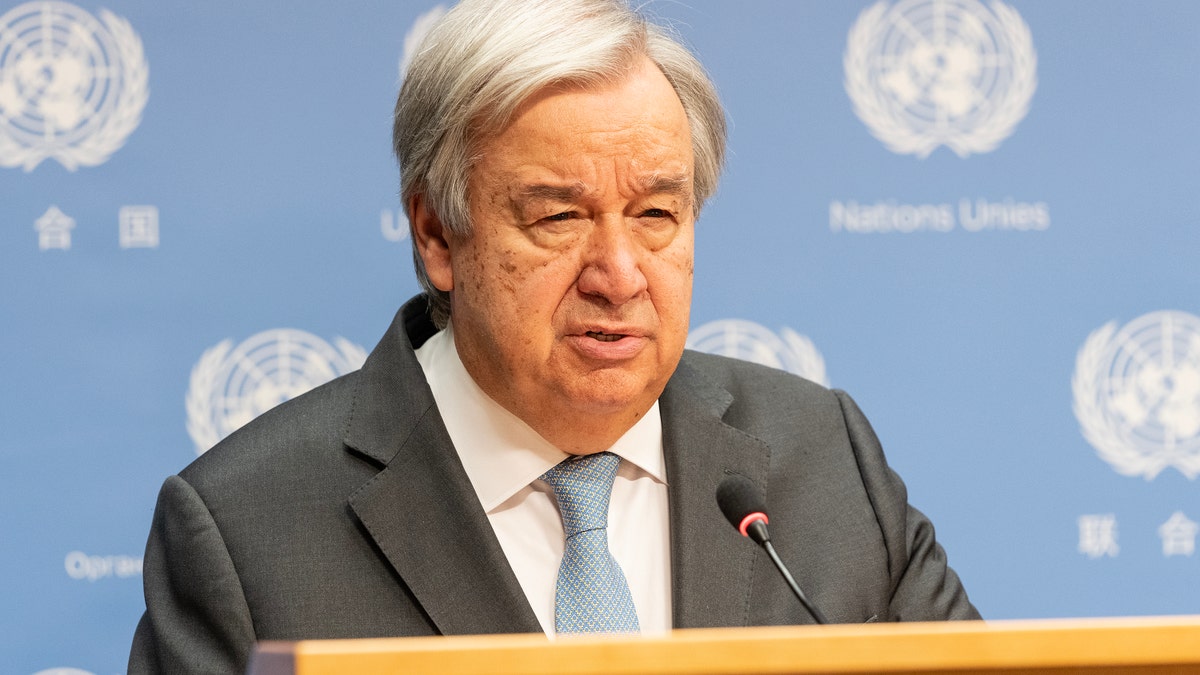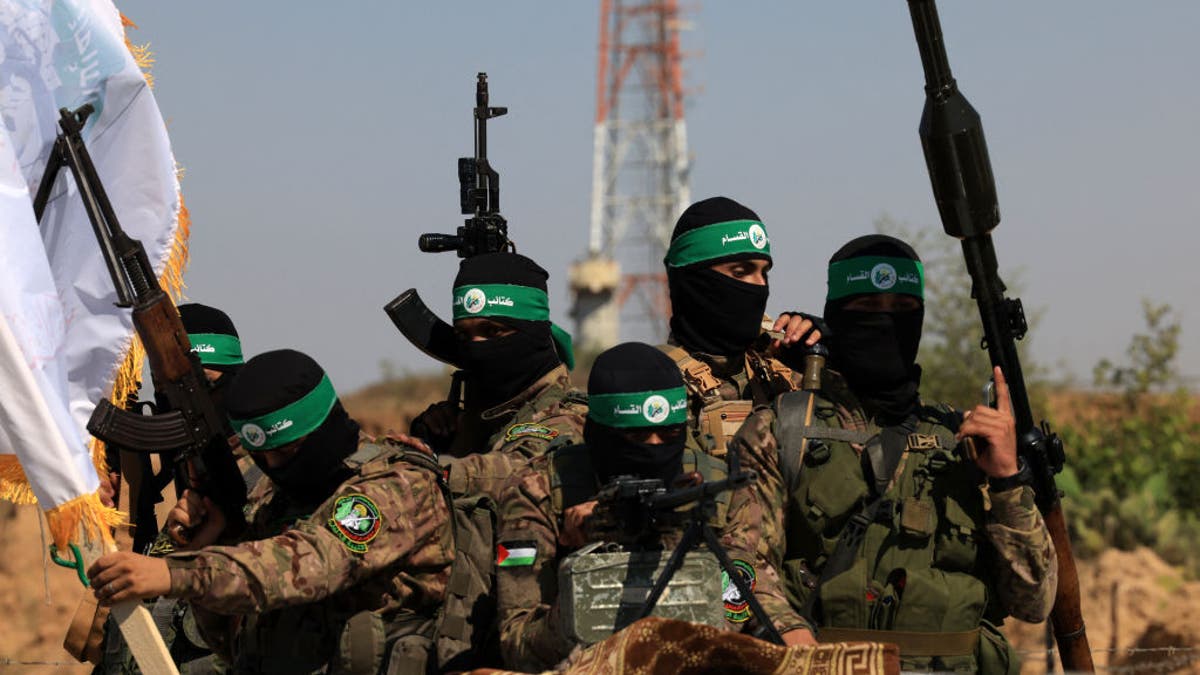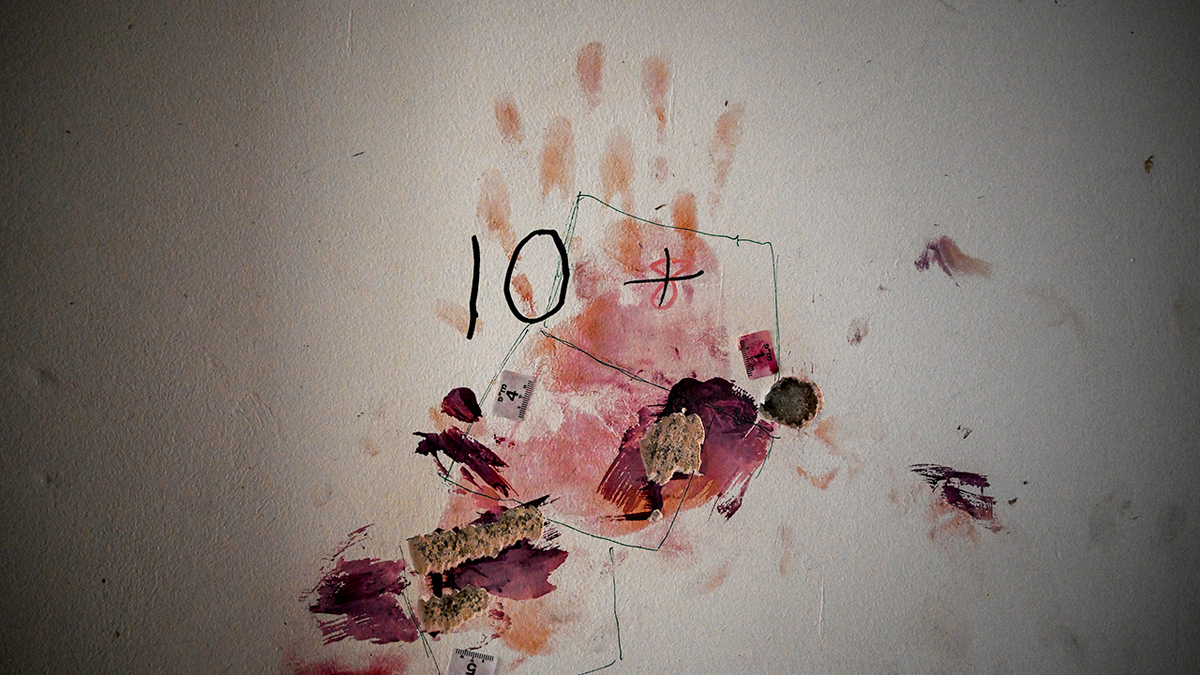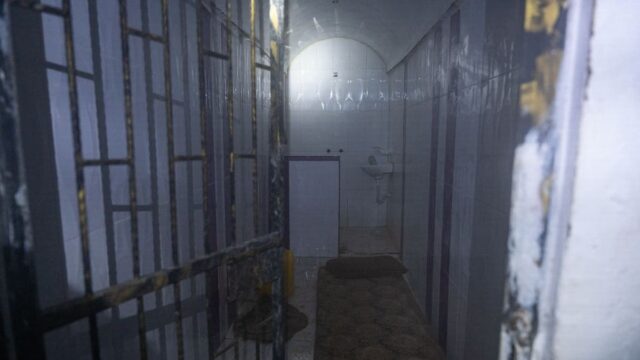Warning: This article includes graphic and disturbing accounts of the October 7 massacre in Israel.
In a new report from Israel’s Ministry of Health, recently submitted to the United Nations, hostages who were freed from Hamas captivity described how they were subjected to unimaginable suffering. Among the chilling testimonies, two children revealed that they were tied and beaten during their captivity, with scars and marks of trauma evident on their bodies. Others reported deliberately burning themselves with hot objects, leaving them with permanent injuries.
The women detailed horrific acts of sexual violence, including assaults at gunpoint and forced nudity in front of their captors. The men also suffered sexual abuse, prolonged starvation, severe beatings, and branding torture with hot steel.
Many hostages suffered significant weight loss, with children losing up to 18% of their body weight. The unsanitary conditions led to infections, gastrointestinal illnesses, and other serious health complications. These atrocities, coupled with the systematic use of physical and psychological abuse as tools of oppression, paint a bleak picture of the hostages’ horrific experience.
FORMER HAMAS HOSTAGE BEGGS TRUMP TO SAVE HER HUSBAND AND OTHERS FROM THE ‘HELL’ OF CAPTIVITY
Photo of a tunnel in Khan Younis, Gaza, where Hamas terrorists were holding hostages.
While some have been released, 99 remain in captivity and still endure these unimaginable conditions 14 months after the Hamas attack on October 7, 2023.
Among those still detained is Or Levy, whose wife was killed during the October 7 attack. Or’s brother, Michael Levy, shared his anguish in an interview and described the devastating impact of the Ministry of Health report.
Levy expressed deep frustration with the international community, particularly the United Nations, and said he has little hope that meaningful action will be taken after the report. “For some reason, the Israeli side is not considered humane,” he told Fox Information Digital. “The UN ignores the fact that Hamas is committing crimes against humanity.” Levy represented the hostages’ families at a briefing before the UN Security Council last month. “When I addressed the Security Council, I wanted them to hear a personal story. They need to understand that there cannot be lives that are worth more than others.”
“When you see how inhumane and horrible the conditions the hostages are in, and knowing that my brother is one of them… it kills me,” he said. “Thinking about my brother, who is almost six foot three, trying to stand in dark, airless tunnels less than six feet high, is unbearable.”
Photographs are displayed on the walls of a bomb shelter, where, six months earlier, people sought refuge before dying during the deadly October 7 attack on Israel by Hamas terrorists from Gaza, near Kibbutz Beeri in the southern Israel, April 7, 2024. . (Reuters/Amir Cohen)
Negotiations to free the hostages are ongoing, after President-elect Trump promised that “there would be a lot to pay” if the hostages are not freed before he takes office. However, Levy’s brother Or is not “on the lists” because he is a young man and therefore not considered a “humanitarian case.” Michael explained that his brother has a 3-year-old son who, after losing his mother on October 7, is left with only his father. “If this is not a humanitarian case, I don’t know what is,” he said.
REPORT EXPOSES HAMAS TERRORIST CRIMES AGAINST FAMILIES DURING OCTOBER 7 MASSACRE: ‘KINOCIDE’
Despite his frustration, Levy is hopeful for a change in approach under Trump. “I’m actually optimistic that someone will do something,” he said. “So far, pressure on Hamas and its financiers, such as Qatar, Türkiye and Iran, has been inadequate. “President Trump’s more aggressive stance could bring results.”
“The report we submitted to the UN is a heartbreaking testament to the brutal experiences suffered by hostages in Hamas captivity,” said Israeli Health Minister Uriel Busso. “These are actions that cannot be tolerated and demand that the world wake up and act.”

Secretary General Antonio Guterres delivers a statement at UN headquarters on the situation in the Middle East following the Hamas terrorist attack on Israel. (Lev Radin/Pacific Press/LightRocket via Getty Photos)
Israel’s ambassador to the United Nations sharply criticized the world body during a recent UN Security Council meeting for its handling of the hostage issue. “The UN and the international community are trying to forget the torture and atrocities that took place on October 7. “We will never forget the horrors and we will not stop until we return all the hostages.”
Dr. Hagar Mizrahi, head of the Ministry’s Medical Directorate, added: “The serious physical and mental conditions of the returnees offer the world a glimpse of the widespread atrocities committed by Hamas. The condition of all the hostages still held in Gaza is horrible. “It is imperative that every effort be made to recover them.”

Hamas terrorists take part in a military parade in the central Gaza Strip on July 19, 2023. (Mahmud Hams/AFP via Getty Photos)
The Ministry of Health report is divided into two sections. The first describes the physical and psychological abuse suffered by the hostages during their captivity, based on testimonies from the medical teams who treated the repatriates. The second section focuses on rehabilitation models designed to help returnees recover, based on data from specialized clinics.
UN remains silent as Guterres calls for hostage release and receives ‘thunderous’ applause in Gaza
The psychological abuse was equally devastating, according to the report. The hostages were isolated and forced to witness acts of violence. Survivors reported intense trauma, including dissociative episodes, intense nightmares, and an overwhelming sense of guilt about leaving loved ones behind. Many remain unable to adapt to regular life, tormented by the horrors they endured.
The publication of the report has provoked mixed reactions. While it validates the suffering of survivors, it also reopens emotional wounds for families and returnees. “The detailed documentation underscores the urgency of international intervention,” said Dr. Hagai Levine, head of the Health Team Forum for Hostages and Missing Families.
Levine emphasized the complexity of the treatment of freed hostages. “They face profound psychological challenges, including post-traumatic stress disorder, anxiety, depression and difficulty reintegrating into daily life,” he explained. “Children often experience developmental regression and increased anxiety. Rehabilitation requires a long-term multidisciplinary approach.”
CLICK HERE TO GET THE FOX NEWS APP

A bloody handprint stains a wall in a house in Nir Oz after Hamas terrorists attacked this kibbutz days earlier near the Gaza border. (Alexi J. Rosenfeld/Getty Photos)
Minister Busso’s statement to the UN was unequivocal: “The testimonies presented in this report serve as a wake-up call for the international community to put greater pressure on Hamas and its supporters to release all hostages without delay. It is an ethical and humanitarian measure. “It is imperative and time to act is running out.”





